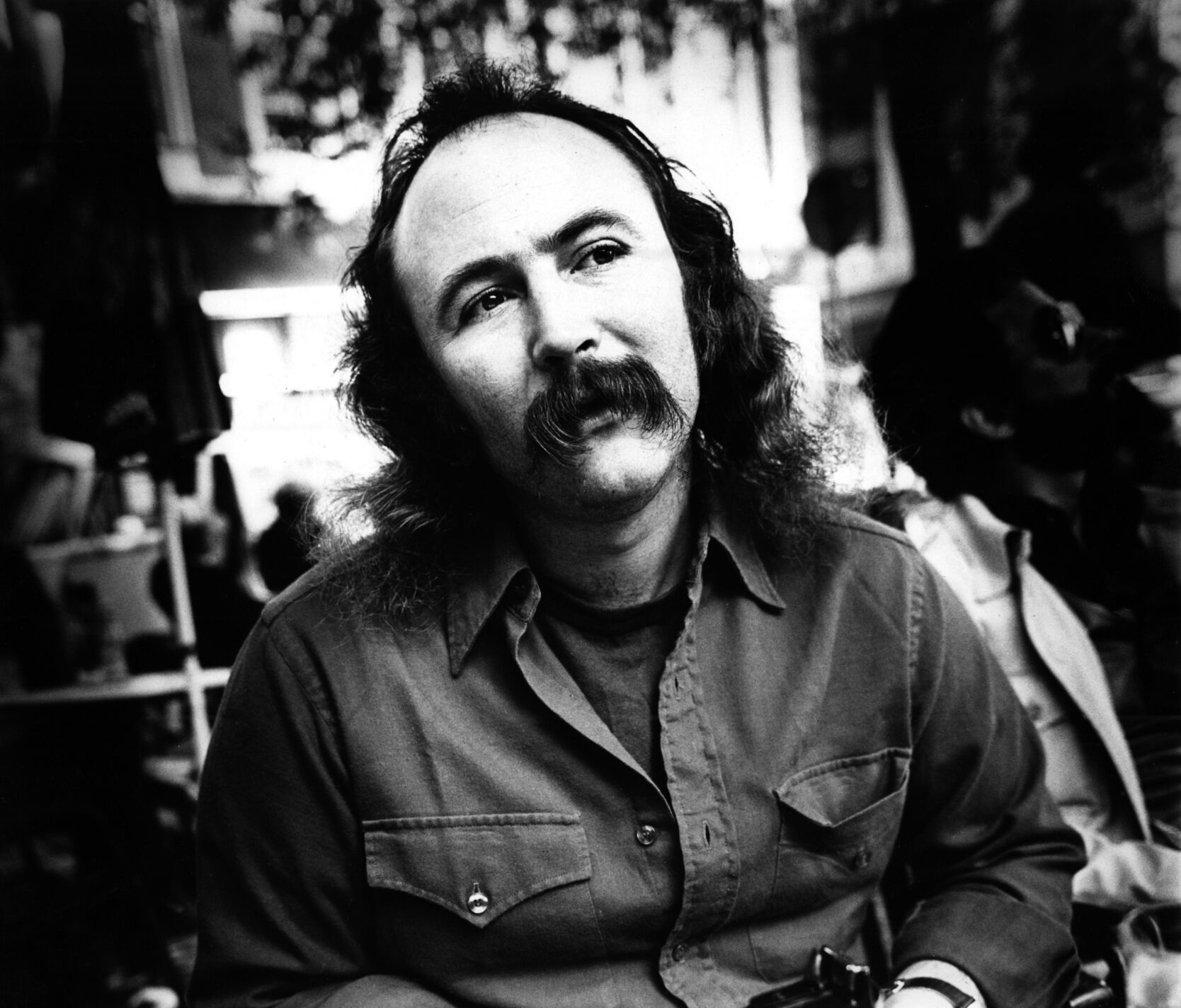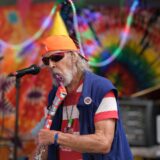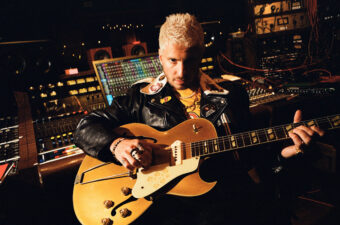The last time I spoke with David Crosby was a year and a half ago. He was an astoundingly busy guy. The then 80-year-old Laurel Canyon legend had just recently released his fifth solo album in seven years – For Free — but his mind remained fixated on dozens of other projects and ideas that he just couldn’t shake.
At the time, Croz was in the middle of editing and polishing off a live album that he’d recorded on the road with the band with who he recorded Lighthouse. Additionally, he was working to get a cannabis line off the ground while closing a multimillion-dollar sale for the rights to his voluminous publishing catalog. In between, we found time to chat about UFOs, science fiction novels, parasitic music streaming services, and his all-time favorite band, Steely Dan.
He’s a Gaucho guy, for what it’s worth.
Right up until his last breath, David Crosby remained a singularly restless spirit. He was someone who categorically refused to rest on his laurels, which is probably why he enjoyed the astounding second, third, fourth, and fifth acts in American life that escape just about everyone else. That very fact is what makes his unexpected death last week so damn infuriating. For all that he managed to do and achieve throughout his improbable life, Crosby wasn’t done creating. The man had his hands in a thousand different projects while charting his path through a truly unprecedented late-career renaissance.
Crosby was already thinking about the next song. The next album. The next tour. The next band. While the rest of his baby-boomer cohorts settled into stable, money-minting comfortability – “kick on the lights and smoke machine, go out there and play the hits,” he would disdainfully sneer. Crosby never stopped going out into the world to meet new people and see where the action was. He just couldn’t help himself.
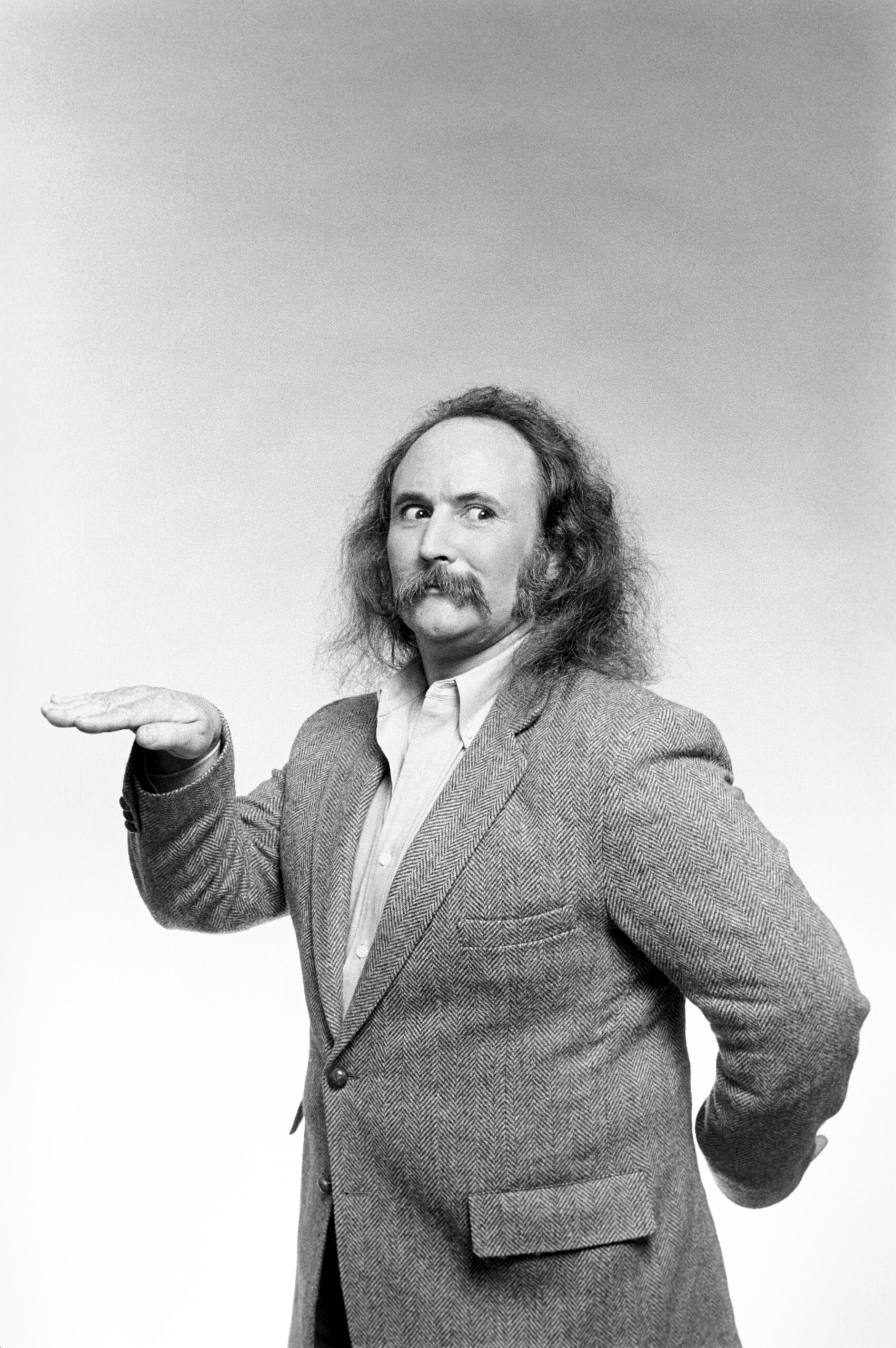
That fact became extremely clear to me during a chill September evening in 2014. I was at an outdoor winery just north of Seattle reviewing a Crosby, Stills & Nash concert. I’d somehow never seen them before and was extremely excited. It turned out to be a fantastic show brimming with amazing vocal harmonies, epic guitar solos, and genuinely good vibes. The seat next to me remained open for the entire performance, and so I sat next to someone’s service dog for the entire two-and-a-half hours. A demur, black schnauzer. Zero complaints.
The trio played all their iconic hits – “Wooden Ships,” “Déjà vu,” “Almost Cut My Hair,” “Carry On” – but midway through, Crosby got a solo spotlight and played a song I’d never heard before. It was just him, by himself on an acoustic guitar picking out notes in some weird tuning that I couldn’t decipher. Instantly, I loved it.
I tried to find the song online after the gig, but it turned out that he hadn’t released it. I tried to remember the last time I saw any kind of classic rock act debut unfinished material during a run-of-the-mill show mid-tour but came up blank. “Pretty ballsy,” I thought. The song was called “What Makes It So,” and it stayed stuck in my head for months. It was like an itch I couldn’t scratch, driving me slowly insane.
A little over a year later, CSN was done. The group played its final show together at the annual tree-lighting ceremony at the White House in front of then-President Barack Obama. The whole thing was a disaster on numerous levels. When it was over, CSN broke up as acrimoniously, as it had so many times in the past.
I was bummed at first, but also excited. CSN had tried and failed several times to make a new record together about a decade back, but couldn’t get it together. A proposed covers project produced by Rick Rubin nearly got off the ground, but then reportedly fizzled out over a disagreement over how many Beatles tunes to include. I knew that David Crosby had at least one good song left in him, because I’d heard it myself. And I really, really wanted to hear it again.
Lighthouse, Crosby’s next solo record, dropped in 2016 and I finally got my wish. Remarkably, “What Makes it So” wasn’t even the best song in the bunch. That honor went to “By the Light of the Common Day,” the album’s closing track. It was a duet – Crosby’s voice was always at its best when expertly blended with others – sung with a pair of extraordinarily talented young singers named Michelle Willis and Becca Stevens. Just astounding stuff. Michael League, the leader of the jazz outfit Snarky Puppy, served as producer, arranger, and instrumentalist and largely kept things stripped down to highlight just how gob-smacking Crosby’s voice remained despite several decades of hard living.
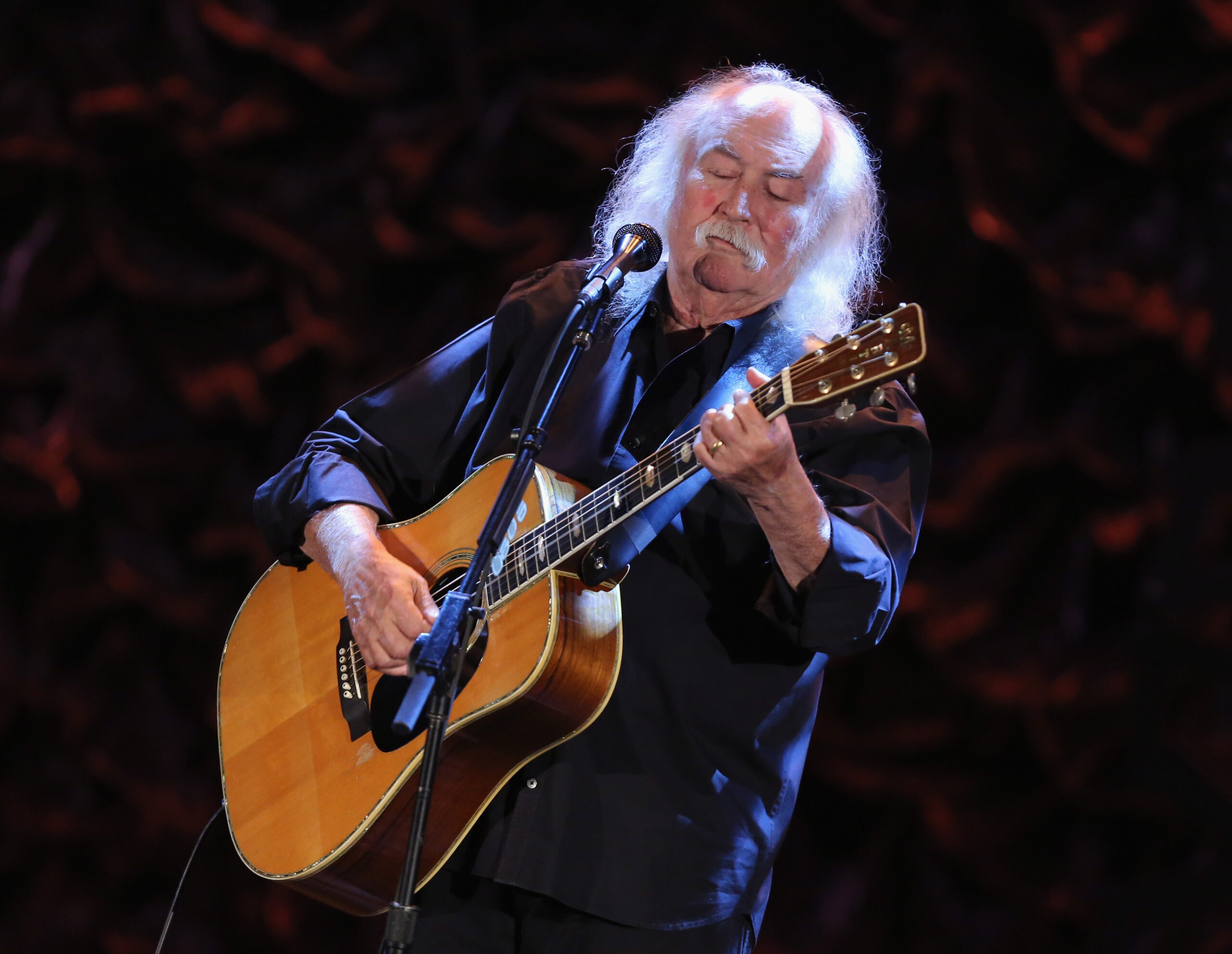
Stevens and Willis sang with Crosby again on his next full-length record, Sky Trails, just a year later. Musically, it was even better than its predecessor. The title track specifically will rip your guts out on a silent night when the moon is full. Sky Trails was produced by James Raymond, Crosby’s long-lost son and close late-years collaborator. Raymond was placed in adoption in 1962, when Crosby was 21. Father and son reunited together in the ‘90s, right before Crosby went under the knife for an emergency liver transplant. The operation was a success and they were collaborators in the studio from then on.
League returned for Here If You Listen in 2018 – “Buddha on a Hill” is the gem to hear – before Croz reunited with Raymond again to release his final record, For Free, just after the COVID lockdowns began to wane. There, Crosby finally got to live out his lifelong wish of recording a Steely Dan track when Donald Fagen gifted him the lyrics to a song called “Rodriguez for a Night.” The Dan vibes extended to “River Rise” thanks to a little vocal help from yacht rock’s silver captain, Michael McDonald.
As an outside observer during Crosby’s final decade, I was struck not just by the quality of the music, but just how much seemed to be pouring out of the guy. This was SoundCloud rapper territory. A septuagenarian with a release schedule that could almost make Future raise an eyebrow. It wasn’t just that Crosby had been seemingly stifled for so long within the confines of the CSN machinery – he really, genuinely, had a lot to say. More importantly, he found the perfect group of people to help him get it all out.
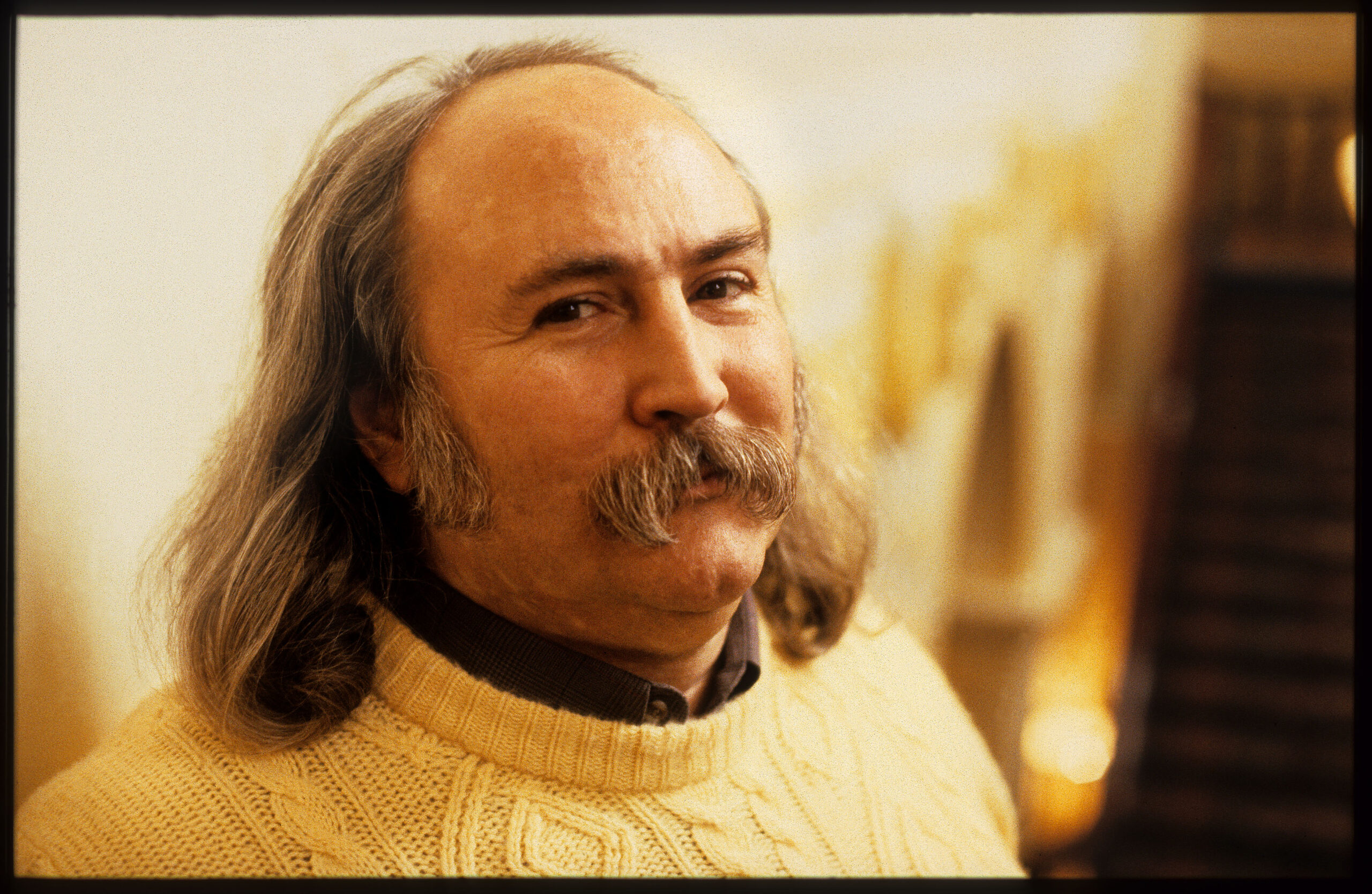
There are a lot of artists out there who claim to be about The Music. And many start off that way! But then the machine digs into you. Success. Failure. Fame. Money. Life. Death. All of it gets to be so heavy. It gets hard to make it about the music forever. To find non-cynical inspiration. It gets hard to remember why you got into all of this in the very first place.
David Crosby forgot that passion many times throughout his life. But he always came back. No matter how many times he was counted out, Crosby always got back up, and usually with a batch of new songs to show you too. At the end of the day, what really matters is the people you love, the art you create, and the folks who keep you inspired.
As Crosby said to me, “Celebrity doesn’t mean jack shit. Fame doesn’t mean jack shit. Money, truthfully, aside from the fact that you need it to take care of your family, doesn’t mean jack shit. What matters to me is the songs. They’re a place where you can talk to people. You can communicate – really, actually communicate on a very high level. Very multilevel, textured, strange, beautiful level. I love it. I love being able to do it. And I’m grateful for it.”
Rest easy Croz, and thanks for the inspiration. No one’s forgetting your name anytime soon.

